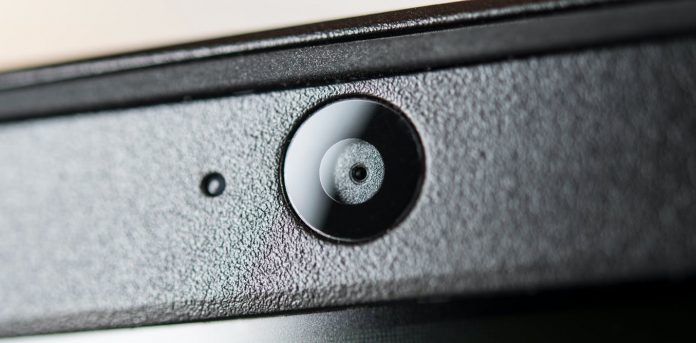The pandemic has caused a massive paradigm shift in the business world. New strategies and technologies are being adopted at an unprecedented scale and rate in order to adapt to the evolving situation. However, one topic that seems to fly under the radar is that of digital surveillance. With more and more employees going remote, there is also a noticeable rise in the implementation of work-monitoring software across the board. While work surveillance isn’t new, it definitely is a topic worth debating in a post-Covid environment.
According to research on remote worker monitoring, between April and October 2021, the proportion of home workers in the UK who were subject to camera monitoring more than doubled from 5 percent to 13 percent. The research also made it clear that employees are highly opposed to this type of intrusive technologies. Up to 80 percent of UK workers believe that the use of webcams to monitor employees should be banned, while 28 percent said that it should at the very least be heavily regulated. Prospect Union also called for the UK government to make it illegal for such monitoring to occur without the active consent of individual employees.
Over the past decade, businesses and organizations across the world have come to realize the immense consequences of mass data collection, both good and bad. Such processes have the potential to benefit industries such as healthcare greatly. However, it can also do unimaginable harm if such data ever fell into the hands of malicious actors.
The rise of machine learning and artificial intelligence only serves to complicate the issue further, as many processes can now be automated. While efficient and effective, new problems and challenges will likely occur without human oversight.
As mass data collection and AI become more integrated into business practices, used in everything from recruitment to performance management, the need for a thorough reassessment of the legal protections available to employees grows ever more dire.






















